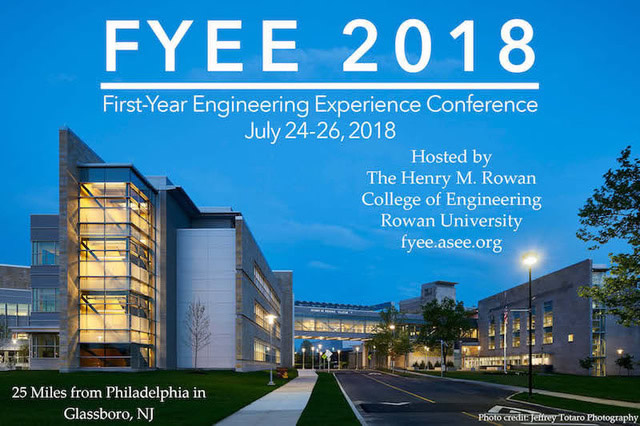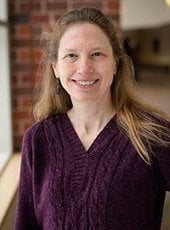Michigan Tech faculty and students traveled to 2023 IEEE ASEE Frontiers in Education, held Oct. 18–21 in College Station, Texas, and presented a plethora of scholarly work.
- “Learn how to design high-quality qualitative educational research! – A workshop for disciplinary STEM faculty by disciplinary STEM faculty”
Co-facilitated by Michelle Jarvie-Eggart (EF) with John R. Morelock (University of Georgia), Heather Chenette (Rose-Hulman Institute of Technology), Sara Hooshangi (Virginia Tech), Sarah Wilson (University of Kentucky), Iglika Pavlova (University of North Carolina Greensboro) and Rebecca M. Reck (University of Illinois Urbana-Champaign). - “Work-In-Progress: Preliminary Work Introducing Automated Code Critiques in First-Year Engineering MATLAB Programming”
Presented by Laura Albrant (CLS graduate student) with co-authors Pradnya Pendse (CS Ph.D. student), Mary E. Benjamin (CEGE Ph.D. student), Michelle Jarvie-Eggart and Jon Sticklen (both EF), and Laura Brown and Leo C. Ureel II (both CS). - “Work-In-Progress: Python Code Critiquer, A Machine Learning Approach”
Presented by Pradnya Pendse (CS Ph.D. student) with co-authors Laura Albrant (CLS graduate student), Daniel T. Masker (CS Ph.D. student), Laura Brown and Leo C. Ureel II (both CS), and Jon Sticklen and Michelle Jarvie-Eggart (both EF). - “Co-sharing secondary qualitative research data to understand technology adoption in engineering education courses”
Co-presented by Michelle Jarvie-Eggart (EF) and Dominik May (University of Wuppertal, Germany), with co-authors Deborah Moyaki (University of Georgia Ph.D. student), Katrina Carlson (CLS M.S. student) and Landon Smith (University of Georgia undergraduate student). - “Extending the Usability of WebTA with Unified ASTs and Errors”
Presented by Joseph Roy Teahen (CS Ph.D. student) with co-authors Daniel T. Masker (CS Ph.D. student) and Leo C. Ureel II (CS). - “Engaging Novice Programers: A Literature Review of the Effect of Code Critiquers on Programming Self-efficacy”
Presented by Mary E. Benjamin (CEGE graduate student), with co-authors Michelle Jarvie-Eggart and Jon Sticklen (both EF) and Leo C. Ureel II and Laura Brown (both CS). - “The role of peer dialogue as disruptor in critical ethical analysis for computing students”
Presented by Charles Wallace (CS) with co-author Andrew Ciminski (CS graduate student). - “A Replication Study: Validation of the 19-item Short Form for the MUSIC Inventory for Engineering Student Engagement”
Presented by Susan L. Amato-Henderson (CLS emeritus) with Jon Sticklen (EF). - “Beyond Summer Reading: Enabling Covert Student Learning Through a Cross-Campus Connecting Theme”
Presented by Charles Wallace (CS) with co-authors Laura Fiss (PHS), Brett Hamlin (EF), Heather Love (University of Waterloo), Linda Ott (CS) and Steven Walton (SS). - “An Educational Modeling Software Tool That Teaches Computational Thinking Skills Through STEM Classes”
A poster by Dominika Bobik, Pradnya Pendse, Katie H. Ulinski, Trevor X. Petrin, Rhys W. Brockenshire and Leo C. Ureel II (CS).

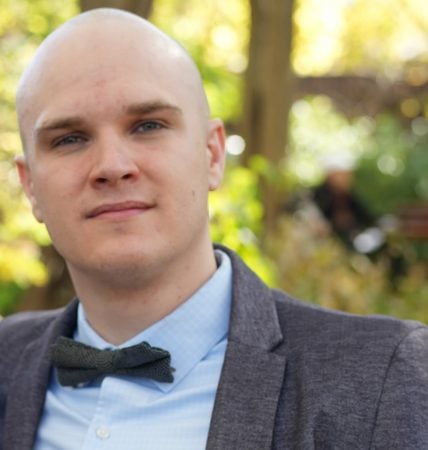
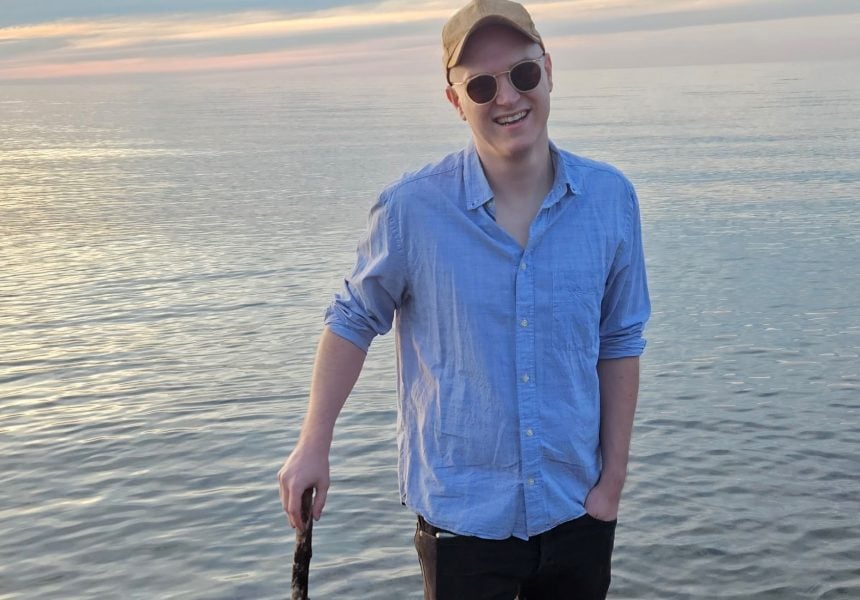
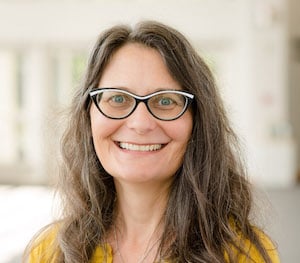
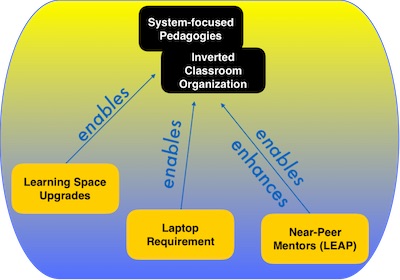
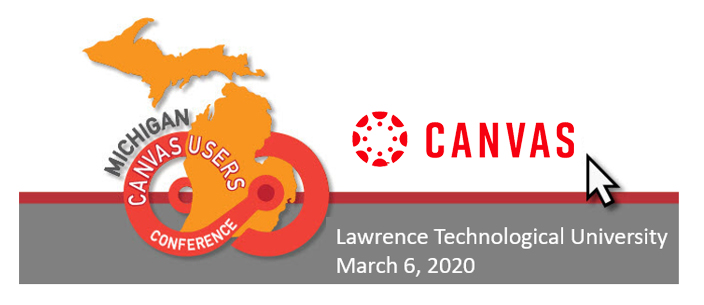
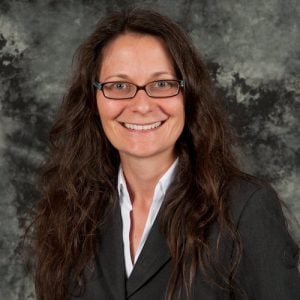
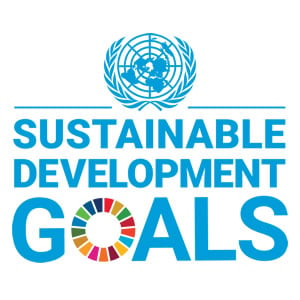 For the past two years, students in “Introduction to Business” (BUS1100) and “Engineering Modeling and Design” (ENG1102) worked on project design teams to develop innovative solutions to a challenging problem.
For the past two years, students in “Introduction to Business” (BUS1100) and “Engineering Modeling and Design” (ENG1102) worked on project design teams to develop innovative solutions to a challenging problem. 
